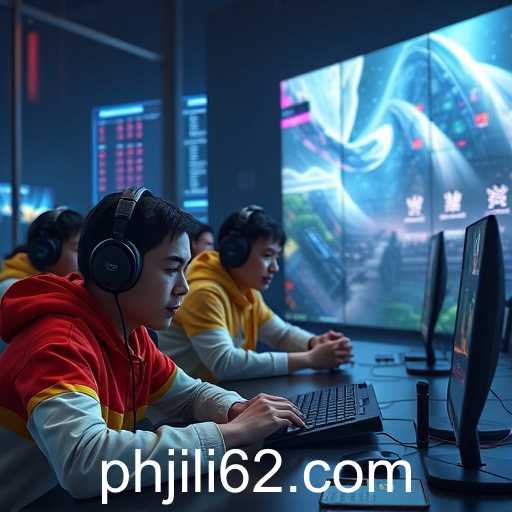An exploration of how online gaming platforms like jili62 are shaping the future of social interaction and communication.
In recent years, online gaming has evolved from a niche hobby to a significant force in global entertainment. The gaming industry has witnessed exponential growth, with platforms like jili62 emerging as influential players in this dynamic market. As we delve into 2025, the role of online gaming communities is more pivotal than ever before, transforming not only how we entertain ourselves but also how we interact and communicate.
The platform jili62, synonymous with innovative gaming experiences, has become a beacon for gamers worldwide. It offers a wide array of games catering to diverse interests, bringing together players from different cultures and backgrounds. This convergence of players has forged an unparalleled sense of community, where cultural exchanges happen beyond the gaming interface, fostering an environment of learning and collaboration.
Aside from entertainment, online gaming communities are now platforms for education, entrepreneurship, and social activism. The virtual spaces created by sites like jili62 allow players to engage in meaningful discussions, develop critical thinking skills, and even launch entrepreneurial ventures. The collaborative nature of these platforms supports a new generation of digital natives who are accustomed to remote work and digital collaboration.
However, the transformation of gaming platforms into complex socio-economic ecosystems brings both opportunities and challenges. Concerns about digital addiction and privacy remain at the forefront of the conversation, prompting companies like jili62 to implement robust measures to safeguard user well-being. As the industry continues to innovate, striking a balance between immersive experiences and user protection becomes increasingly important.
As we navigate the ever-changing landscape of digital entertainment, it is evident that the social dynamics spurred by platforms like jili62 will continue to influence the way we perceive community and communication. The future of online gaming is not merely about playing games; it is about building bridges, creating opportunities, and enhancing human interaction in a digital age.




